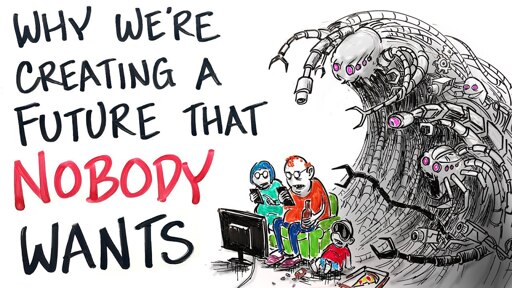Chinese researchers suggest lasers and sabotage to counter Musk’s Starlink satellites
-
This leads to the question of where I can find rule 34 of this.
Everywhere but the EU
-
This post did not contain any content.
.
-
All you need to do is hit the right spot on a satellite with an ablative laser to make it de-orbit.
Yeah and that is not how that works, that is not how physics works and that is not how anything works.
-
Yes. For a non space-tier power. Their utility for space/LEO comms are valuable, but peripheral. Never going fully high tech, keeps the legacy systems in use and in current practice. Whereas a power like the US doesn’t do shit without a LINK net established and maintained, because we’ve forgotten/are unwilling to use the old methods.
It’s the Ukraine-Russo problem in the Black Sea, but applied to space. Denial is easier than presence, and even easier than dominance. If you can’t compete, why let them use it they way they want, or at all?
But China IS a space-tier power...
-
I am still not convinced because you are missing the political implications: Blocking LEO for your opponent means blocking it for everyone, friend or foe alike.
Unless we are talking about an all out two sided world war with no neutral parties blocking space is out of the question. It's the same reason we don't see nations using nuclear weapons: Their use would cause world wide condemnation and at best sanctions against you, at worst more enemy combatants.
With the right mergers and acquisition this LEO Scorched Space can scale up enough to be a militarily viable. We just hit the snooze button on space for the next 500 years, that should give us the time to "address" the problem of the coninued existence of mass CO² emitters and their supply chains
-
More than a little naive, the Geneva Conventions, and nuclear M.A.D. Have been proving it wrong for decades.
Maybe space will remain unscorched just like we remaining atomically unvaporized
-
Yeah and that is not how that works, that is not how physics works and that is not how anything works.
A laser heating one side of anything enough to ablate material in space will alter it's trajectory, it's entirely possible that objects in low earth orbit would be forced to return to earth. That's been proposed as a possible way to deal with all the random crap in space.
-
Three questions actually.
Can we use it for porn?
I'm sure Satlink has been extensively trialled for that use too.
-
A laser heating one side of anything enough to ablate material in space will alter it's trajectory, it's entirely possible that objects in low earth orbit would be forced to return to earth. That's been proposed as a possible way to deal with all the random crap in space.
But im sure musk went all out giving these satellites the best money can get./s
-
A laser heating one side of anything enough to ablate material in space will alter it's trajectory, it's entirely possible that objects in low earth orbit would be forced to return to earth. That's been proposed as a possible way to deal with all the random crap in space.
Yeah, if you take out lots of real world issues, maybe. In reality it is extremely hard for lasers to do any of that over enormous distances, especially through an atmosphere







